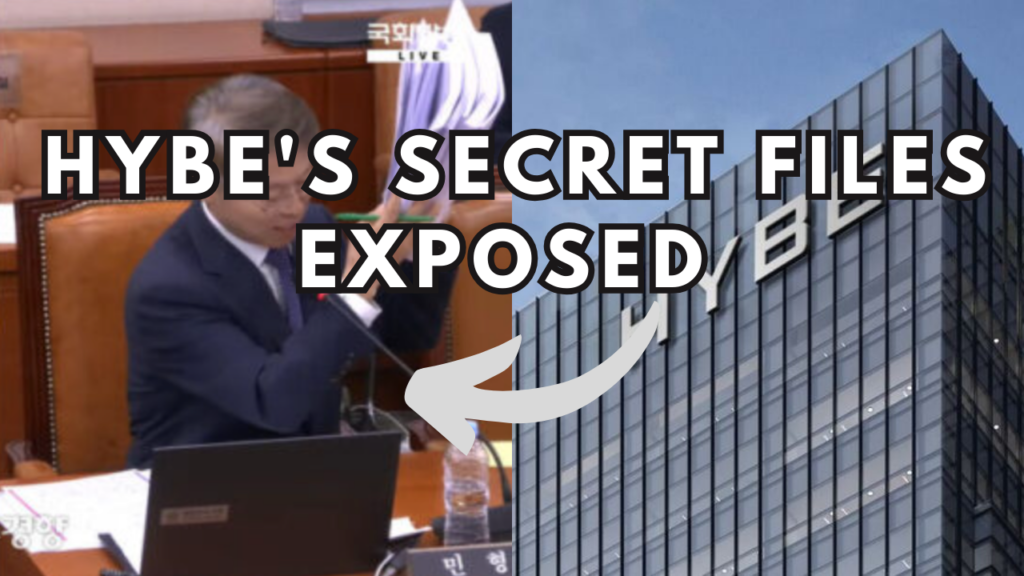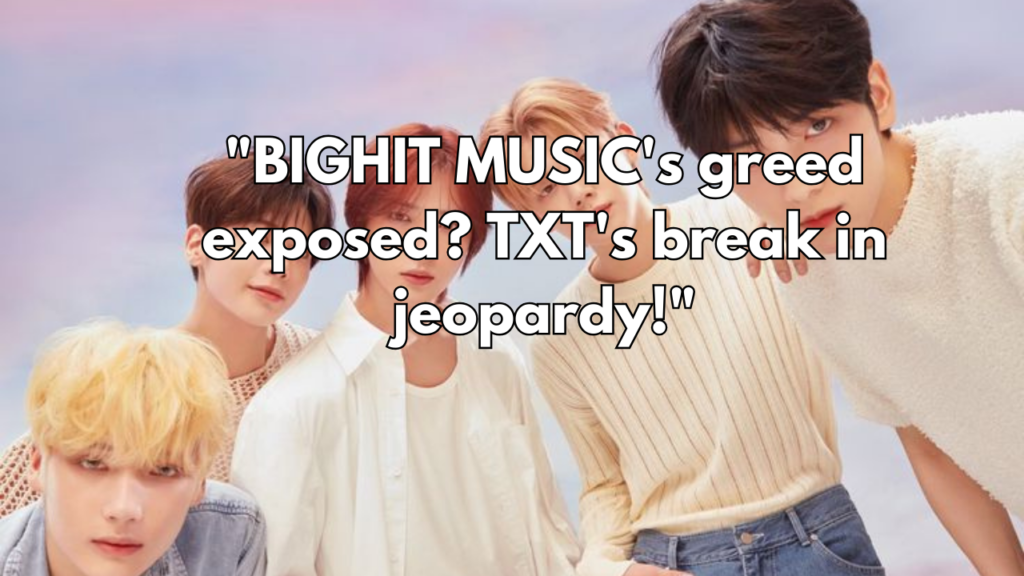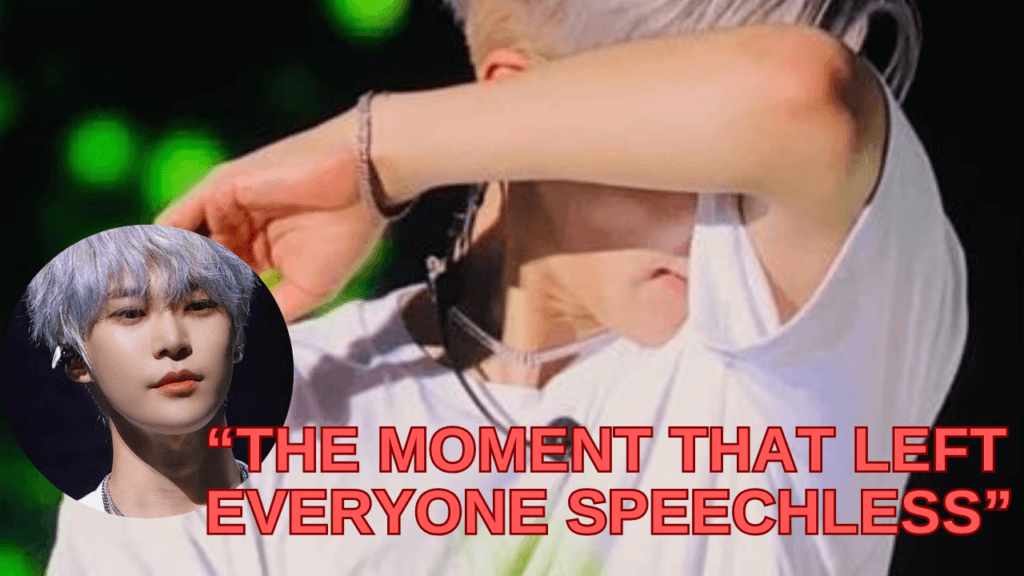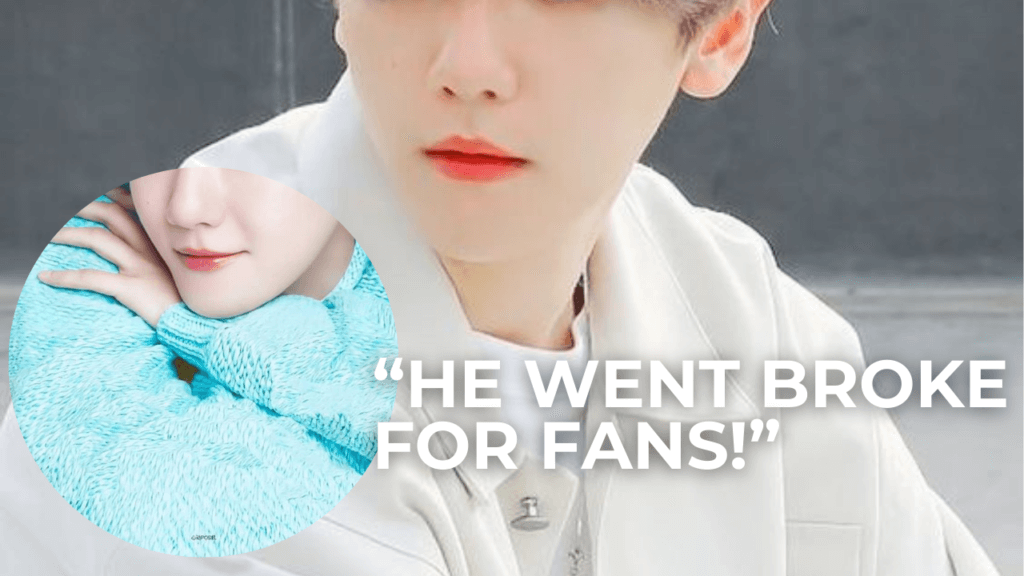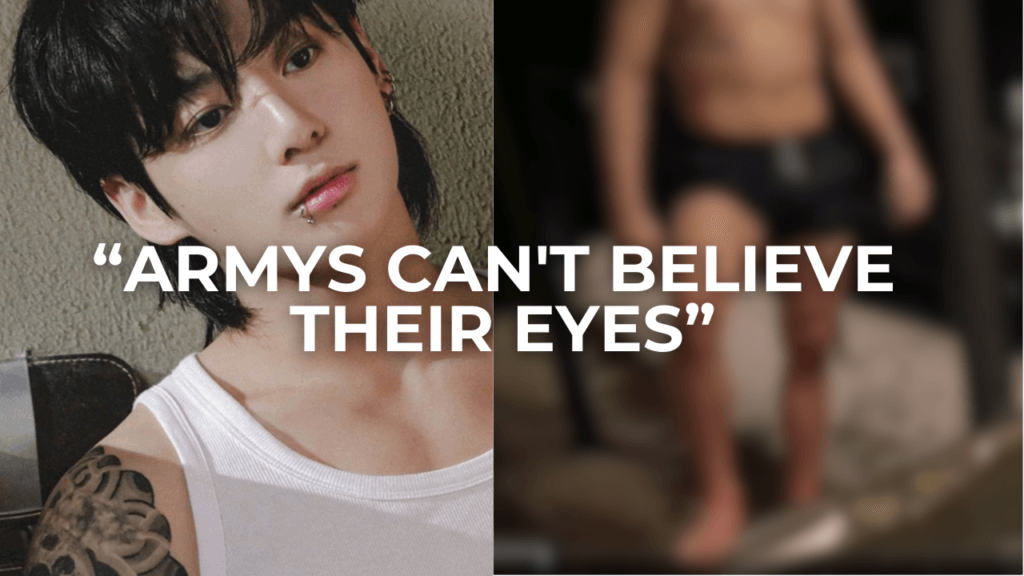The HYBE internal documents controversy has sent shockwaves through the K-pop industry. The revelation came during a government audit at the National Assembly’s Culture Committee on October 24, 2024. These documents contained harsh criticisms of other entertainment agencies and their artists, raising serious concerns about industry practices.
Industry Response to HYBE’s Monitoring Practices
Three industry veterans with over 15 years of experience shared their perspectives on the HYBE internal documents controversy. They emphasized that such monitoring practices are unprecedented in the Korean entertainment industry.
Most companies focus on positive analysis and learning opportunities rather than collecting negative comments. The first insider revealed they had never encountered monitoring material that collected criticism of other artists.
The industry experts explained that typical monitoring reports analyze successful teams and their strategies. They focus on understanding why certain groups perform well and how to improve based on those observations. This approach helps companies learn from others’ successes rather than focusing on negative aspects.
Unusual Business Practice Raises Concerns
The HYBE internal documents controversy has sparked intense debate about industry standards and professional conduct. Industry insiders revealed that while competitor monitoring is common practice, collecting and documenting criticism is not standard. Companies typically avoid recording or sharing explicit criticisms of other artists, considering it unprofessional and potentially harmful.
HYBE’s COO, Kim Tae Ho, defended the documents as simple monitoring materials collected for online observation. However, industry experts questioned the necessity and ethics of including crude online community reactions in official company reports. They emphasized that most companies have internal guidelines against recording or sharing such negative content.
Impact on Industry Relationships
The HYBE internal documents controversy highlights the delicate balance in K-pop’s competitive landscape. Industry experts stress that entertainment companies should maintain respectful partnerships despite being competitors. One insider emphasized that companies are both competitors and partners in driving the industry forward.
The revelation has particularly concerned professionals due to the inclusion of criticisms about underage idols. This aspect has raised additional ethical questions about the responsibility of major entertainment companies toward protecting young artists, regardless of their agency affiliation.
Current Industry Response and Future Implications
The controversy has prompted many entertainment companies to review their internal monitoring practices. Industry professionals are calling for clearer guidelines on ethical business practices within the K-pop industry.
HYBE’s initial attempt to address the situation through an official statement was withdrawn after criticism during the audit.
Final Thoughts: Understanding the HYBE Internal Documents Controversy
The revelation of these documents has prompted important discussions about industry practices and professional ethics.
HYBE’s response and subsequent actions continue to draw attention from both industry insiders and fans. The incident serves as a reminder of the need for responsible business practices in the entertainment industry. What are your thoughts on this situation, Seoul Crushers? How do you think this might affect the future of K-pop industry practices?

